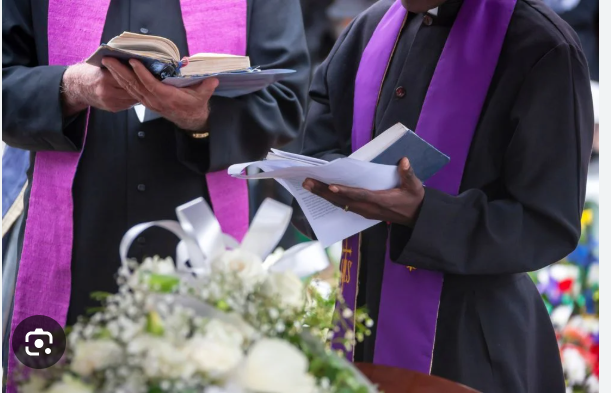Introduction To Christian Funeral Traditions
A christian funeral is more than just a ceremony; it is a deeply spiritual event that reflects a person’s faith and celebrates their life. For Christians, death is not the end but a transition to eternal life. This belief shapes the customs, rituals, and prayers observed during the entire funeral process.
Importance Of Faith In The Funeral Process
In Christianity, death is seen through the lens of resurrection and salvation. The funeral process is therefore not only about mourning but also about hope, comfort, and the promise of eternal life. Friends and family come together to honor the deceased, express their grief, and support each other with prayers and biblical readings.
Pre-Funeral Arrangements
Before the ceremony takes place, several important steps are followed. These include:
- Meeting with a clergy member or church official to plan the service
- Choosing appropriate scriptures and hymns
- Preparing a eulogy or life tribute
- Coordinating with a funeral home for logistical arrangements
These elements ensure that the service remains respectful and meaningful while aligning with Christian values.
The Wake Or Visitation
A wake or visitation typically precedes the main ceremony. This gathering allows loved ones to view the body, offer condolences, and reflect on shared memories. While some Christian families may opt for a quiet family gathering, others may invite the entire church community to join in remembrance.
The Funeral Service
The central part of the christian funeral is the service itself, which is usually held in a church, chapel, or funeral home. The components of the service may include:
- Opening prayer and scripture readings
- Sermon or homily reflecting on life, death, and faith
- Eulogies and tributes by family or friends
- Hymns that reinforce hope and resurrection
- Final commendation or farewell prayers
The purpose of the service is to celebrate the life of the deceased while placing trust in God’s promise of everlasting life.
Symbolism In Christian Funerals
Christian funerals often incorporate powerful symbols to express theological truths:
- The Cross: A reminder of Christ’s sacrifice and victory over death
- Holy Water: Sometimes sprinkled over the casket to symbolize baptism and purification
- White Cloth (Pall): Representing the baptismal garment, symbolizing purity and eternal life
- Candles: Denoting Jesus as the light of the world
These symbols help those in attendance connect with the deeper spiritual meanings behind the rituals.
Graveside Service
After the main funeral, a graveside or committal service is held. Here, the body is formally committed to the earth, often with words like “ashes to ashes, dust to dust.” Prayers are offered for the soul’s peaceful rest, and a final blessing is given before burial.
Mourning And Support
Christian teachings emphasize the importance of community support during times of loss. After the funeral process, families often receive visits, meals, and prayer support from friends, clergy, and church groups. This sense of unity and shared faith helps in coping with grief.
Differences In Denominations
While the central elements of a christian funeral remain consistent, different denominations may have unique practices. For example:
- Catholic Funerals: Usually include a full Mass and the sacrament of Holy Communion
- Protestant Funerals: May focus more on personal reflections, worship songs, and biblical preaching
- Orthodox Funerals: Include extensive liturgical chanting and a traditional farewell kiss
Understanding these variations helps ensure respect for each family’s specific faith background.
Modern Adaptations
Many families today personalize the funeral service to reflect the personality and legacy of the departed. This might include displaying photos, playing favorite music, or reading personal letters. While maintaining the core spiritual elements, these adaptations make the funeral process more intimate and heartfelt.
Conclusion
A christian funeral is both a farewell and a celebration of eternal life. Rooted in faith and tradition, it provides comfort to the grieving and honors the memory of the departed. Through scripture, prayer, and community, the entire christian funeral offers healing and hope to those left behind.
Whether simple or elaborate, each Christian funeral tells a unique story of life, love, and the everlasting promise found in faith.

